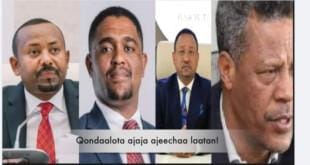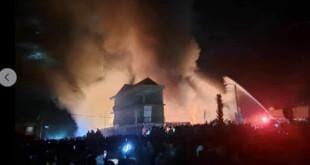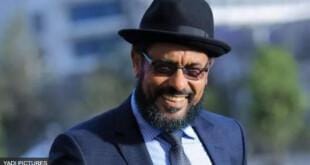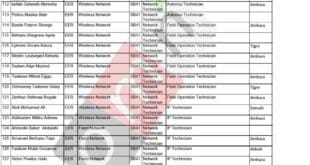The Oromo students’ plight strikes particularly close to home for the Oromo immigrant community in Minnesota. The Oromo Community of Minnesota organization says that Minnesota’s Oromos are “the largest concentration of the Oromo outside of their homeland in Oromia, Ethiopia, the Horn of Africa.” According to the organization’s press release, “the regime’s security forces killed over 75 protesters, wounded up to 200, and rounded up over 2,000 to quell protests provoked by the controversial ‘Addis Ababa Master Plan,’ which would evict thousands of Oromo farmers.” (The number of students killed is reported at 11 by the government, but much higher by other sources.) Amy Bergquist of the Advocates for Human Rights explainssome of the background:
The Oromos are the largest ethnic group in Ethiopia, and there are Oromos in northern Kenya and parts of Somalia as well. Oromos speak Oromiffa, or Afan Oromo, a Cushitic language that shares approximately 35% of its vocabulary with Somali. Approximately 47% of Oromos are Muslim, and a similar percentage are Christian. As a civics teacher, I was fascinated to learn that the Oromo people had a sophisticated traditional system of democratic governance called theGadaa system. The Oromo people have long faced persecution from the Ethiopian Government and in Ethiopian society. In fact, one of the reasons I decided to leave teaching and become a human rights lawyer was to try to play a role in stemming the systematic human rights abuses that had driven my refugee students away from their homelands.
For more background, read the Advocates for Human Rights 2009 report, Human Rights in Ethiopia: Through the Eyes of the Oromo Diaspora. The Daily Planet has also covered the plight of the Oromo people and other repression by the Ethiopian government in a series of articles by Doug McGill in past years. The Oromo Community of Minnesota is also asking for the support of the wider Minnesota community, and will be staging a rally and fast at the Minnesota State Capitol this weekend. The rally will begin at 11 a.m. on Friday, May 9, and the hunger strikers plan to maintain a 24-hour vigil through Sunday. What can you/I/we do? The Igbo Women League of Minnesota “has dedicated over 20 years to the cause of girl-child education in Nigeria.” That’s crucial. TheMotherLode blog echoes the message: “We can fight groups like Boko Haram by doing the opposite of what it does,” [Nicholas Kristof] said via email. “It kidnaps girls, and we can send them to school. Organizations like Developments in Literacy do a great job educating girls in Pakistan, or Campaign for Female Education(Camfed) does the same in Africa.” “In the long run, the best way to fight extremism is education, especially education for girls,” he said. “More broadly, female empowerment isn’t a magic bullet, but it does help create opportunities and bring women out of the margins and give them a voice. One great program is the Village Savings and Loan, which encourages female savings and entrepreneurship around the world and has a great track record.” In addition, of course, we can keep pressure on the U.S. government and the Nigerian government to make recovery of the girls a continuing priority. The Oromo Community of Minnesota has three demands:




